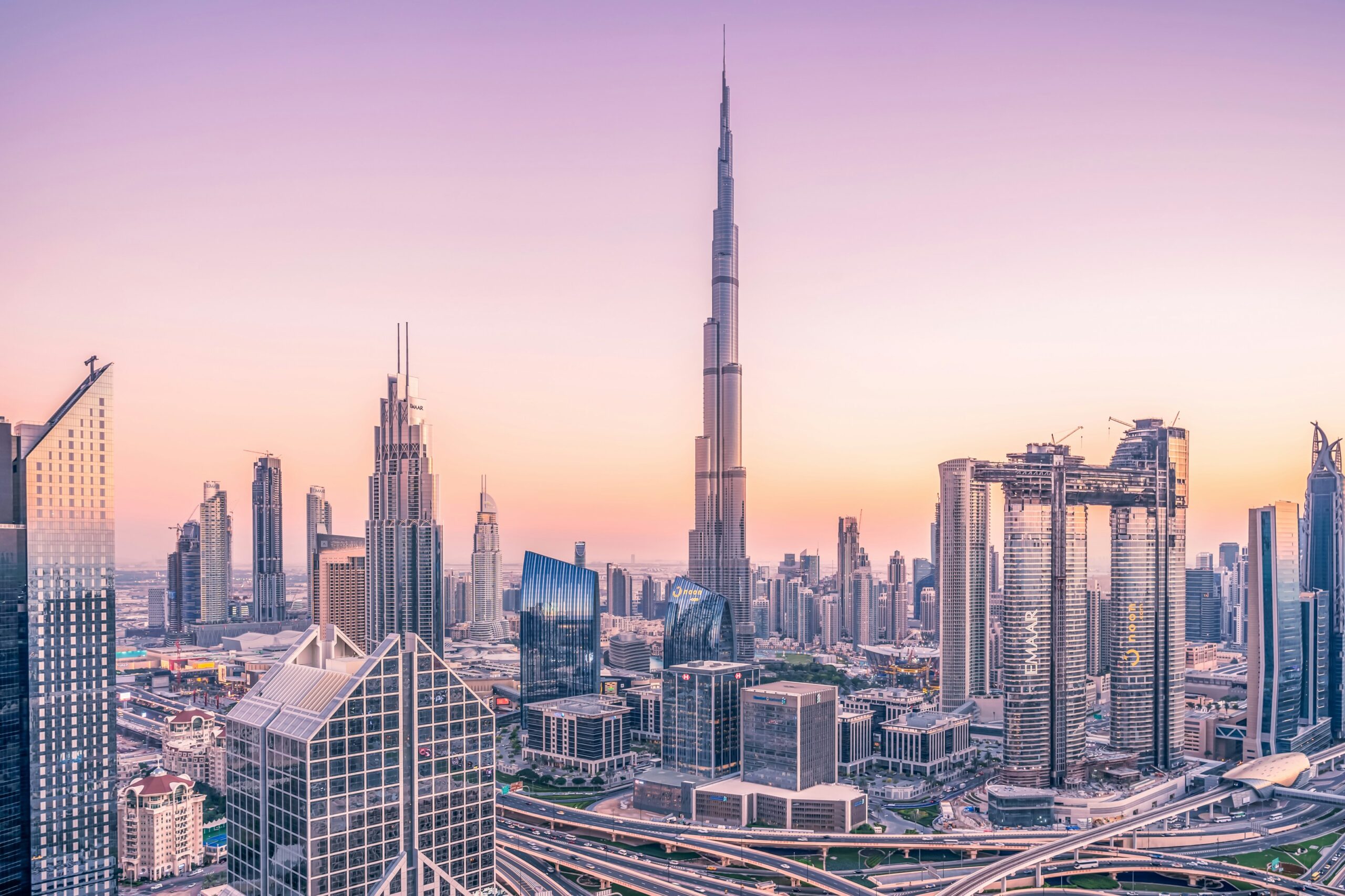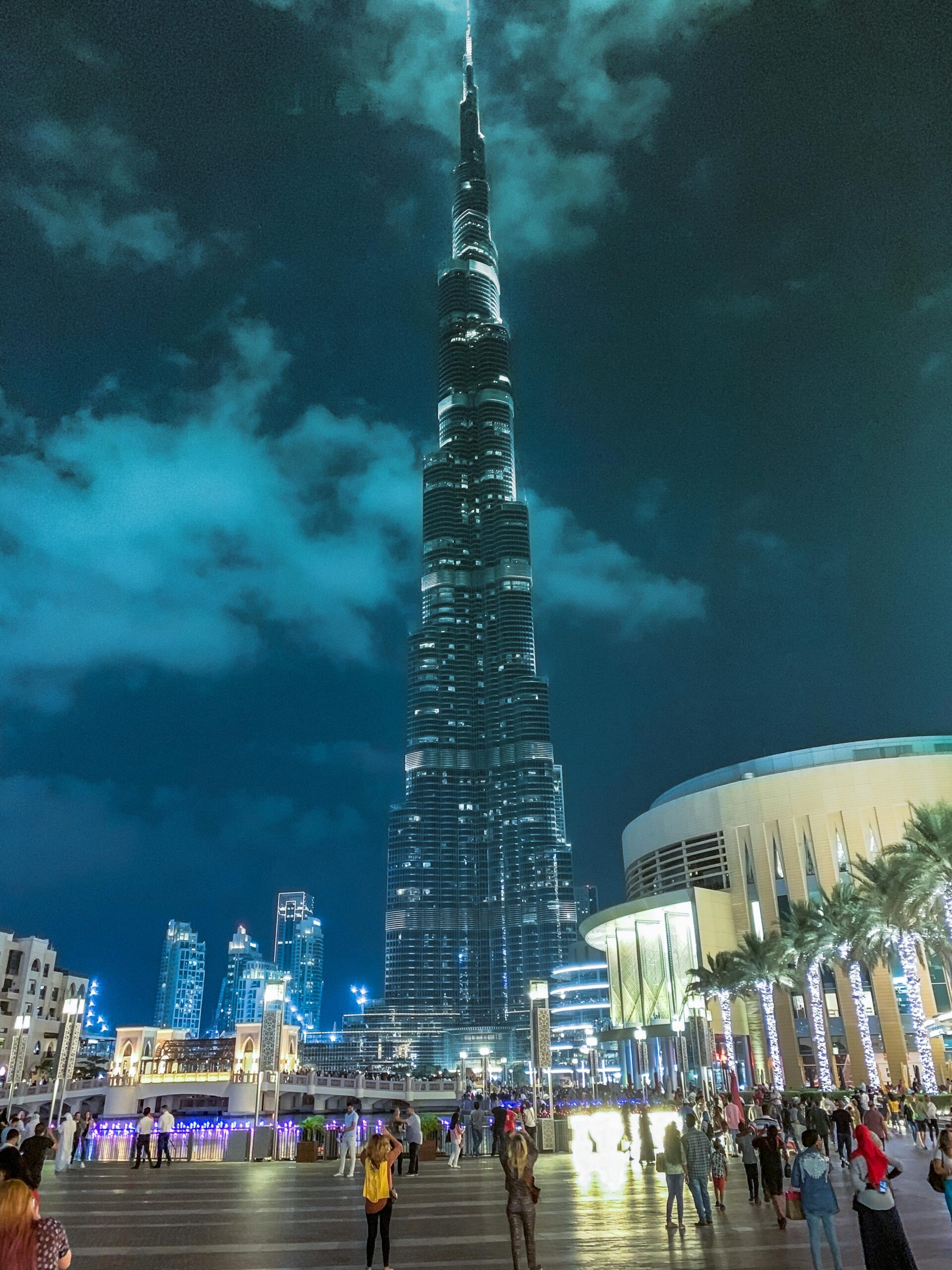How to Get a Food License in Dubai
- October 21, 2024

Dubai’s food industry is thriving, making it an attractive destination for entrepreneurs looking to start a restaurant, café, or catering business. However, before you can serve food, you’ll need to obtain a food license. This guide will walk you through the steps required to get a food license in Dubai.
1. Choose Your Business Type
The first step is deciding what kind of food business you want to start. Whether it’s a restaurant, food truck, café, or catering service, the type of business will determine the specific licenses you need. Dubai offers both mainland and free zone options for setting up food-related businesses. Some free zones that are popular for food businesses include Dubai Multi Commodities Centre (DMCC) and Dubai Airport Free Zone (DAFZA).
2. Select Your Business Location
Your business location is vital in the food industry. You can either choose a free zone area or mainland Dubai depending on where you want to serve your customers. If you plan to serve within a free zone, select an appropriate location there. If your plan involves serving across the UAE, then the mainland will be more suitable.
3. Apply for Trade Name Approval
Before you apply for your food license, you need to choose a unique trade name for your business. The name should reflect the type of food business and comply with the Department of Economic Development (DED) naming rules. Once chosen, you’ll need to submit the name for approval with the DED.
4. Get Initial Approval from the DED
After choosing your business name, you’ll need to get initial approval from the Department of Economic Development (DED). This approval confirms that you can start the process of setting up your food business. You’ll need to submit a business plan and a list of all proposed business activities related to your food enterprise.
5. Secure Food Safety Permits
Food safety is a top priority in Dubai, so all food-related businesses must comply with Dubai Municipality’s Food Control Department regulations. You will need to submit a detailed layout of your kitchen or restaurant, showing the design, workflow, and hygiene protocols. The Food Safety Department will review your submission and ensure it meets health and safety standards.
Some key permits include:
- Food Establishment License: Required to handle, prepare, and sell food.
- Food Safety License: Ensures that your food business adheres to hygiene and safety standards.
- Health Cards for Employees: All employees handling food must undergo medical exams and obtain health cards from the Dubai Health Authority (DHA).
6. Obtain the Trade License
To operate legally, you’ll need a trade license, which can be obtained from the DED (for mainland businesses) or the relevant free zone authority. If your food business involves catering, delivery, or food production, you might also need additional approvals from the Dubai Municipality or other regulatory bodies.
7. Location Approval and Lease
For a food business, your physical space must meet Dubai’s strict health and safety standards. If you’ve rented a space, you need to get approval from the Dubai Municipality to ensure the premises is suitable for food handling. You’ll also need to submit a tenancy contract and Ejari (registered lease agreement) as part of the license application.
8. Final Approval and Issuance of Food License
Once all approvals are secured, the final step is to obtain your food license. After receiving the required documents from Dubai Municipality and the DED, you’ll get your official trade license, allowing you to start operations.
Conclusion
Starting a food business in Dubai involves several regulatory steps, but with the right guidance and preparation, you can quickly secure your food license and launch your business. Whether you’re opening a restaurant, a catering service, or a food truck, following these steps will help you comply with all legal requirements and start on the path to success.

